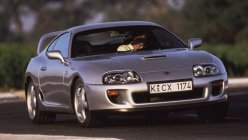Previously, we talked about how many drivers tend to coast their cars in neutral in an attempt to save fuel, and how the practice actually leads to increased consumption in general. So it’s not viable from a fuel economy standpoint, but how about where safety is concerned?
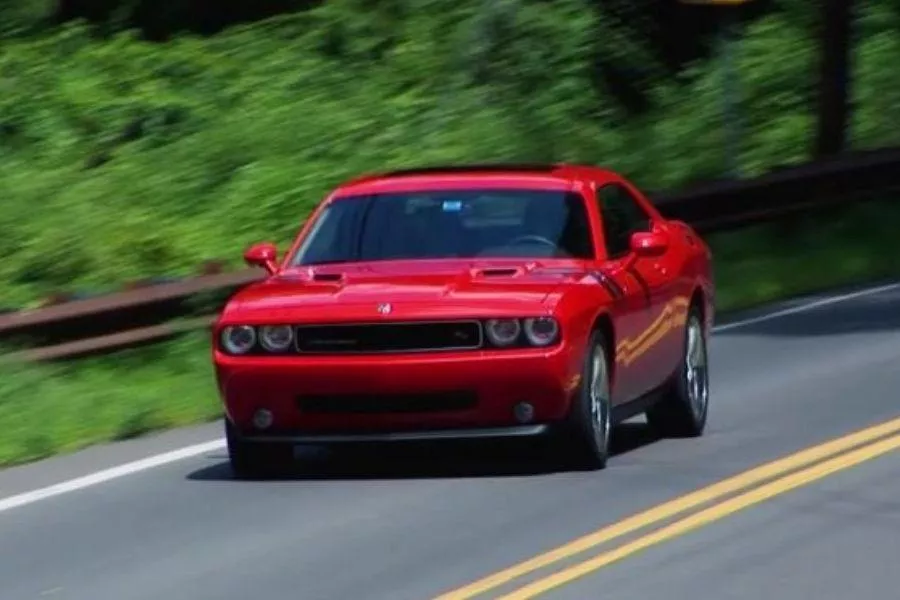
Don't be tempted to shift to Neutral and let gravity or momentum do the work
Putting the transmission in neutral and letting it freewheel when driving either straight or downhill will likely trigger memories of rollercoaster rides at the carnival. You’re letting gravity or forward momentum do the work of moving the vehicle, with your right foot at the brake pedal in case you need to suddenly stop.
It certainly sounds exhilarating (albeit juvenile), and it’s not surprising why a number of motorists still do it, even those that have had their licenses for so long. But no matter how long you’ve been driving, it pays to realize that this is actually dangerous.
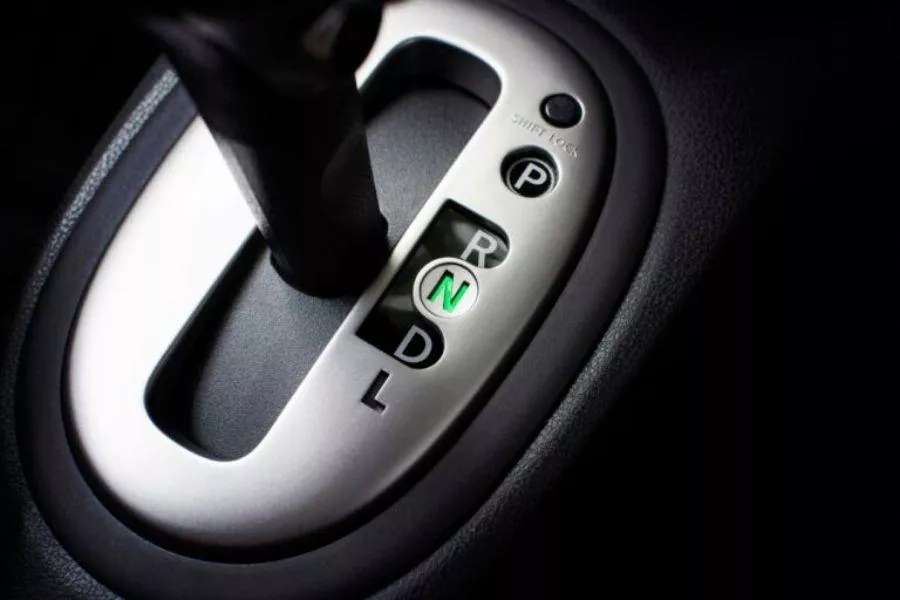
Having no gear engaged severely compromises your ability to control the vehicle in an emergency
When you shift the transmission to Neutral and brace for your long slide across a stretch of road or downhill slope, you’re actually relinquishing control of your vehicle. Without the gear engaged, the car will not benefit from engine’s rotational resistance. This will transfer the burden of stopping the car solely to the brakes, which can overheat quickly and result in brake fade.
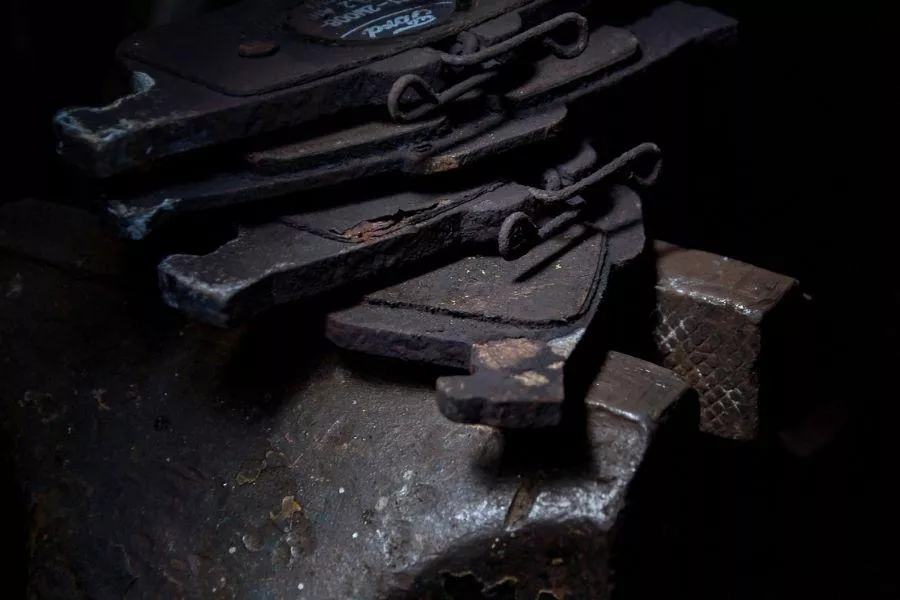
The brakes will wear out much faster since they will shoulder the burden of slowing the car down
Having the car in Neutral also means that you won’t be able to power away from a sudden hazard in time. If you need to accelerate quickly or change lanes to avoid unsafe road conditions, bringing back the transmission in gear isn’t normally a part of your body’s reflexes. It’s not enough to just rely on the car’s steering and brakes when danger arises.
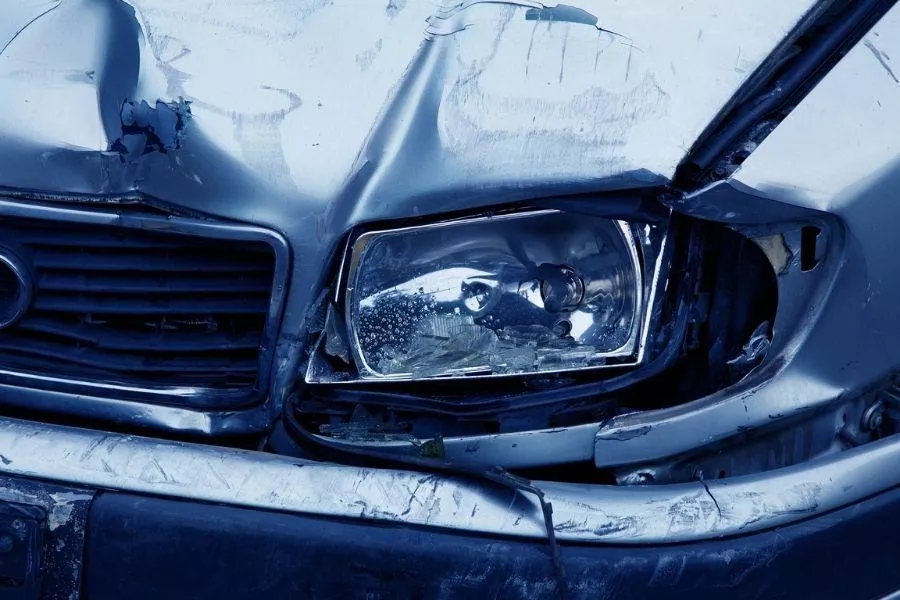
Don't wait for this to happen
Also, you’ll run the risk of mechanical damage to the transmission. Remember that the gearbox is basically inactive as the engine is idling. Having to suddenly shift will force the powertrain to match the vehicle’s speed, and if you don’t do it properly, you’ll end up with either engine or transmission trouble.
Find more tips for beginner car owners at Philkotse.com.
Recent posts
- coasting neutral save fuel newbie guide Feb 08, 2022
- Check brake pads wear Mar 26, 2021
- Car maintenance: 5 signs of automatic transmission problems Aug 17, 2022
- Spotting 8 Early Symptoms of Engine Problems Jul 05, 2018


